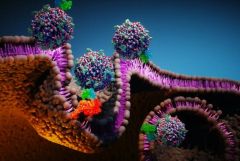At the 12th annual Helen and Robert Appel Alzheimer’s Disease Research Institute Symposium, scientists and clinicians shared their latest research which is advancing how Alzheimer’s disease is diagnosed and treated. Held at Weill Cornell Medicine’s Griffis Faculty Club, the...











